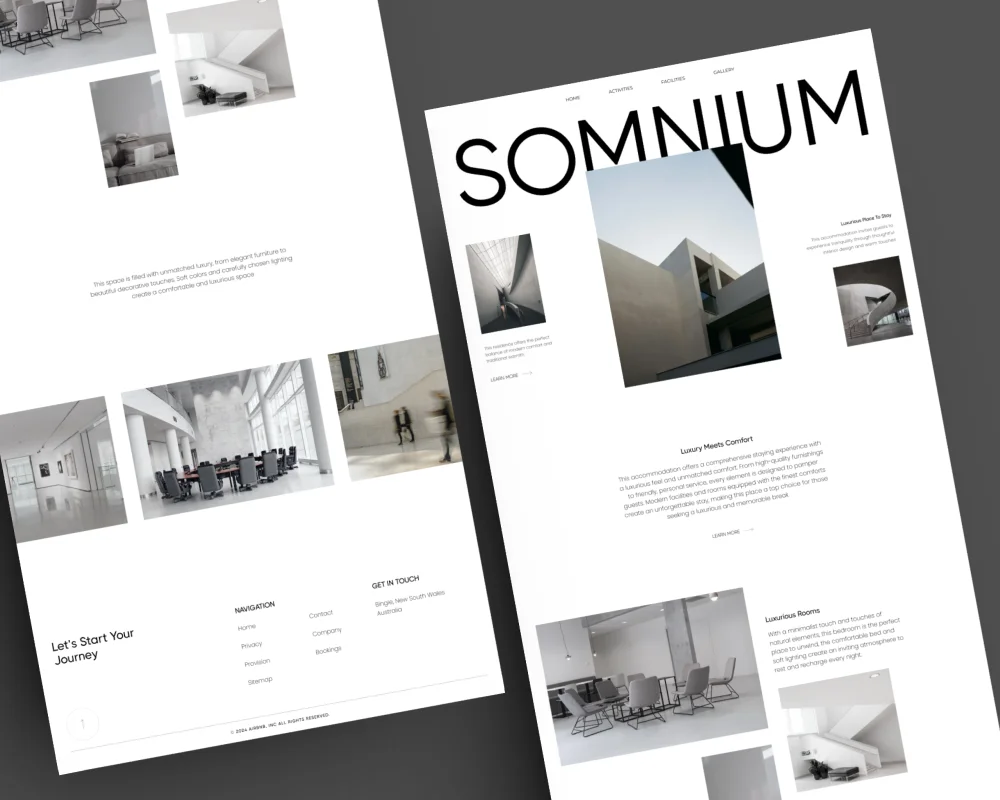In the digital age where mobile devices dominate internet usage, having a responsive website design is crucial for businesses looking to succeed online. Responsive design ensures that your website adapts seamlessly to various screen sizes and devices, providing users with an optimal viewing and interactive experience. Let's explore why responsive website design is essential for modern businesses.
Responsive website design prioritizes user experience by ensuring that visitors can easily navigate and interact with your site regardless of the device they're using. Whether accessed from a desktop, smartphone, or tablet, a responsive website offers consistent functionality and accessibility. This seamless UX translates into lower bounce rates, increased time spent on site, and higher conversion rates, ultimately boosting your website's performance.
Search engines like Google prioritize mobile-friendly websites in their search rankings. A responsive design ensures that your website meets Google's mobile-friendly criteria, improving its chances of ranking higher in search engine results pages (SERPs). By enhancing your website's visibility and accessibility on mobile devices, you can attract more organic traffic and reach a wider audience.
Maintaining a single responsive website is more cost-effective than managing separate desktop and mobile versions of your site. With a responsive design, you eliminate the need for multiple development projects and ongoing maintenance, saving both time and resources in the long run. This scalability makes responsive design a practical choice for businesses of all sizes.
With the proliferation of devices with varying screen sizes and resolutions, ensuring your website looks and functions flawlessly on each platform is paramount. Responsive design adapts seamlessly to different devices and orientations, delivering a consistent brand experience regardless of how users access your site. This adaptability builds brand credibility and encourages engagement.
Responsive websites are optimized for performance, with faster loading times compared to non-responsive sites. This is critical for user satisfaction and SEO, as slow-loading websites often lead to high bounce rates and lower search engine rankings. By prioritizing responsive design, you can deliver a fast and enjoyable browsing experience that keeps visitors engaged.
In conclusion, responsive website design is more than just a trend—it's a necessity for businesses striving to thrive in today's digital landscape. By prioritizing responsive design principles, you can enhance user experience, boost SEO performance, and streamline website management. Invest in responsive website design to future-proof your online presence and ensure your brand remains accessible and competitive across all devices.









LET'S TALK today to schedule a consultation and discover how PT LAIN can transform your digital landscape.
(
)
